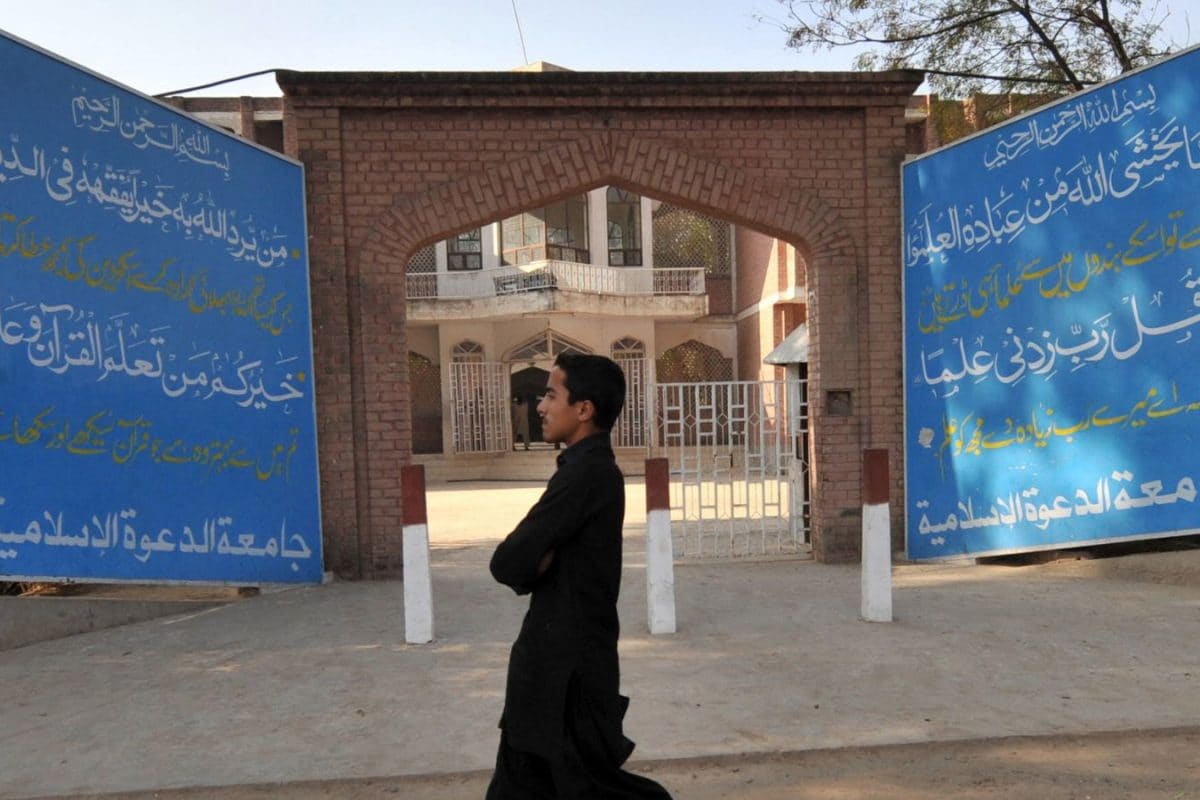

In the early hours of Wednesday, May 7, 2025, the Indian armed forces launched "Operation Sindoor," conducting precision missile strikes against nine terror targets in Pakistan and Pakistan-Occupied Kashmir (PoK). This operation was a direct response to the April 22 terror attack in Pahalgam, Jammu & Kashmir, which claimed the lives of 26 people. The strikes aimed to dismantle terrorist infrastructure used for planning and directing attacks against India. Among the targeted locations was Markaz Taiba, situated in Muridke, near Lahore, a stronghold of the Lashkar-e-Taiba (LeT).
Markaz Taiba in Muridke holds significant importance due to its deep connections with LeT and its role in training terrorists involved in attacks against India. Established in 2000, the 82-acre complex serves as the "alma mater" and most important training center for LeT. This sprawling complex includes a madrassa, market, residential area, sports facilities, a fish farm, and agricultural tracts. It is a hub for arms and physical training, as well as religious indoctrination and radicalization of both Pakistani and foreign recruits. The facility is crucial for LeT's operational and logistical activities.
One of the primary reasons India targeted Muridke was its established link to the 2008 Mumbai terror attacks. All the perpetrators of the 26/11 Mumbai attack, including Ajmal Kasab, received intelligence training at Markaz Taiba. Key conspirators like David Coleman Headley and Tahawwur Hussain Rana also visited Muridke under the instructions of Zaki-ur-Rehman Lakhvi. Given this direct connection to a devastating attack on Indian soil, the location became a high-priority target for India.
Markaz Taiba functions as a "terror factory," radicalizing students and motivating them to join armed jihad. It serves as a base for religious indoctrination, physical training, tactical training, and arms training. The complex includes the Sufa Academy for male recruits and a separate indoctrination center for women. LeT's senior leadership also uses it as a training venue. The camp is also known as Huzaifa Bin Yemen and Bait-ul-Mujahideen camp. LeT head Hafiz Saeed used to welcome new inductees to this camp on their arrival.
The strikes were part of a broader operation targeting terror infrastructure across Pakistan and PoK. Other locations targeted included Markaz Subhan Allah in Bahawalpur, the headquarters of Jaish-e-Mohammed (JeM), and camps associated with Hizbul Mujahideen. By targeting multiple terror camps, India aimed to degrade the operational capabilities of these groups and disrupt their activities. The Indian government has described the operation as "focused, measured, and non-escalatory," emphasizing that no Pakistani military facilities were targeted.
The selection of Muridke as a target reflects India's strategic intent to strike at the heart of LeT's infrastructure and disrupt its ability to conduct terror operations. By targeting this key training center, India aimed to dismantle the terror ecosystem and send a strong message to those responsible for orchestrating attacks against India. The operation demonstrates India's resolve to act against terror groups operating from Pakistani soil and to protect its national security.